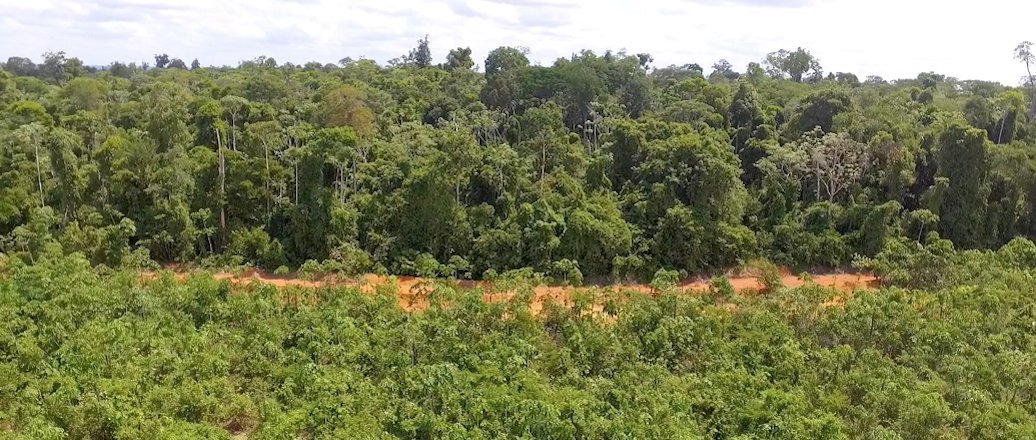In the week on which Environment Day is celebrated (June 5), Hydro announces the signing of a technical and financial cooperation agreement with Embrapa Agrobiologia and the Research and Development Support Foundation (Faped) to carry out technical studies in order to identify and establish the best strategies for environmental recovery in mining and bauxite processing areas. It is also part of the agreement to establish quality indicators of the recovery work already carried out by the company, in the Pará municipalities of Barcarena and Paragominas. The investment in this research partnership is R $ 1.27 million and is valid for two years.
The studies will be carried out in the areas of bauxite waste deposits (DRS) at the Hydro Alunorte refinery, installed in Barcarena and in the mined areas of Mineração Paragominas, a bauxite mine in the municipality of Paragominas. Embrapa Agrobiologia is specialized in the use of microorganisms associated with plant species, an important alternative for the environmental recovery of mined areas. Combined with the Company's expertise, the company has a long history of effective actions on the subject with more adequate protocols for environmental recovery, the sum of specialties may lead to quality indicators of reforested areas, in support of the creation of public environmental policies, which will meet various economic sectors.
“Hydro is committed to leading the industry towards a more sustainable future. The company aims to create more viable societies, developing natural resources in products and solutions in innovative and efficient ways, as an industry that makes a difference. To this end, we have advanced in the work of forest restoration in our operations, through continuous investments in research and operational improvements, which involve partnerships with institutions recognized in the country. The expectation is to have sustainable strategies and increasingly adequate indicators to assess the quality of the programs in progress in our mining and bauxite processing complexes ”, says Domingos Campos, Hydro's Sustainability director.
Activities of the agreement - In Barcarena, rehabilitation tests will be carried out in DRS1 with intervention strategies to increase the vegetation cover of the land, at the same time that some mechanisms of functionality of the environment will be activated. Embrapa will offer technical support in the definition of new species to be planted, as well as making recommendations for fertilization, irrigation and technological alternatives.
Routines will also be established for activities of collection, processing and storage of seeds; preparation and production of substrate and seedlings; inoculation with microorganisms capable of forming symbiosis with plants (and the entry of nitrogen into the system to improve the absorption of water and nutrients); and planting methodologies; in addition to the definition and analysis of physical, chemical and biological indicators for environmental monitoring.
In Paragominas, in addition to the experimental planting and the monitoring of indicators, parameters will be developed to be used as a benchmark for the quality of forest restoration to obtain the discharge of the environmental commitment from the competent body. This parameterization will be converted into a Web system, which aims to facilitate the planning, monitoring and inspection actions with the companies contracted to carry out reforestation, as well as the preparation of reports provided for in the operating licenses.
Partnerships - Hydro also entered into partnerships with the Federal University of Pará (UFPA) and the University of São Paulo (USP), supporting research and development as a way to promote a more viable society.
: May 31, 2021







